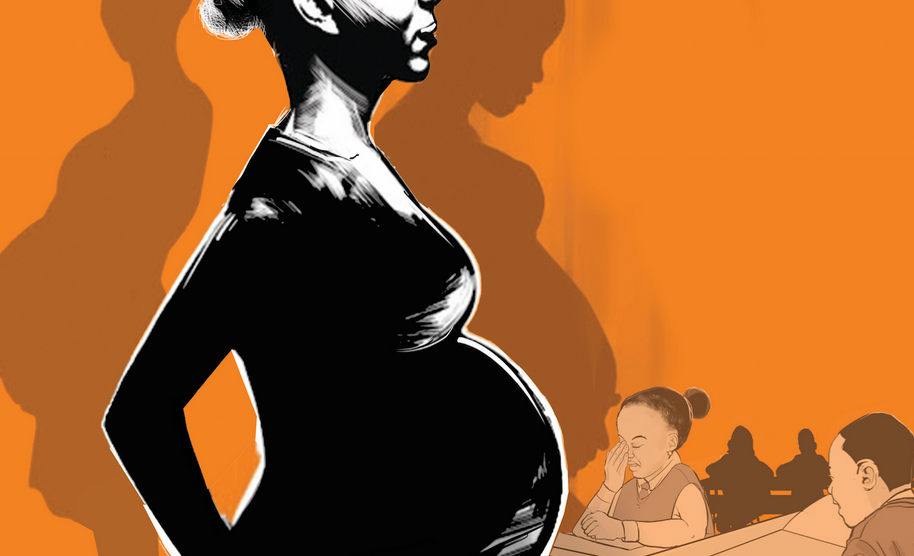
Shocking
statistics emerged last week showing that at least 1,073 teenage girls in Lamu
became pregnant between 2024 and May 2025
That translates to an average of 37 girls every month. Put another way, by the time you finish reading this, another girl in Lamu may have just become pregnant.
What makes this tragedy even more harrowing is that many of these pregnancies result from rape, defilement and early marriage—facts documented in a memorandum submitted by Muslims for Human Rights and other civil society organisations to the Presidential Taskforce on Gender-Based Violence and Femicide in Kenya.
Muhuri and the Kenya Human Rights Commission issued a joint statement last Thursday, condemning the glaring inaction of public officials. They rightly called out governors, senators, members of parliament and the cabinet secretaries for Health and Education for failing to protect our girls.
Each of these leaders holds specific responsibilities that, if fulfilled, could significantly reduce cases of teenage pregnancy.
Governors, as the chief executives of counties, are charged with implementing health and education policies. They must ensure county health departments offer accessible, youth-friendly reproductive health services and work to eliminate harmful cultural practices that expose minors to sexual exploitation.
Senators are expected to champion the interests of counties at the national level. This includes advocating for fair resource allocation to address inequalities in sexual and reproductive health, and using their oversight powers to ensure that counties spend those funds effectively.
MPs wield legislative and budgetary power. They can push for laws that protect minors, advocate for proper funding of health and education services, and institutionalise comprehensive sexual education. MPs also have a duty to defend the rights of pregnant teens and young mothers to stay in school.
The Health CS is responsible for setting up and upholding national health policies. This includes prioritising adolescents’ reproductive health, ensuring survivors of sexual violence get medical and psychological support and integrating youth-focused services across all health facilities.
On the other hand, the Education CS must ensure the curriculum includes age-appropriate sexuality education and enforce policies that allow pregnant girls and young mothers to re-enter and complete school.
Yet despite these clear mandates, the evidence shows our leaders are falling short. Can we confidently say that Lamu Governor Issa Timamy, Senator Joseph Githuku, MPs Ruweida Obo (Lamu East) and Stanley Muthama (Lamu West), Education CS Julius Ogamba and Health CS Aden Duale have fulfilled their roles effectively in addressing teenage pregnancy?
The answer is a resounding no.
Worse still, KHRC has written repeatedly to the Senate, National Assembly, Council of Governors and individual governors since last year, demanding concrete actions to combat teenage pregnancy. To date, not a single response has been received.
Article 53(1)(d) of the constitution says every child has the right to be protected from abuse, neglect, harmful cultural practices, all forms of violence, inhuman treatment and hazardous or exploitative labour. Institutions or individuals, including parents or guardians, who fail to protect children from sexual abuse can be held liable, according to the Children’s Act.
Anyone who becomes aware of a child being abused is legally and morally obligated to report to police or child protection services. Failing to report can result in criminal liability.
This silence and inaction deserve nothing less than a red card. These leaders should not be re-elected, and for political appointees like CSs Ogamba and Duale, it is time the public began petitioning for their removal from office. Our girls deserve better.
Programme Manager for Inclusion and Political Justice at the Kenya Human Rights Commission












